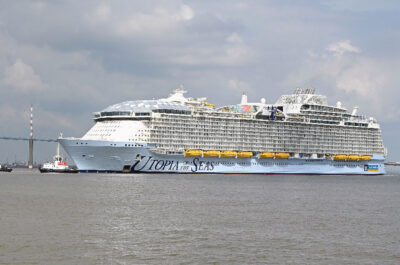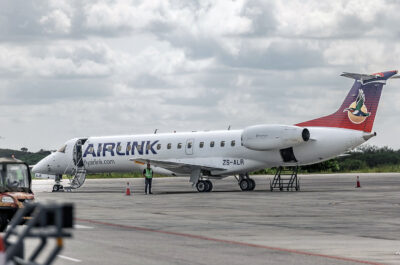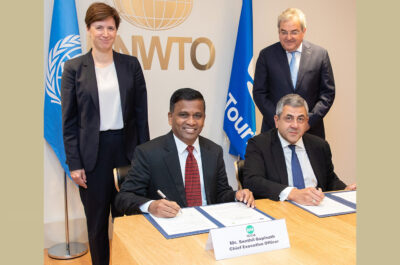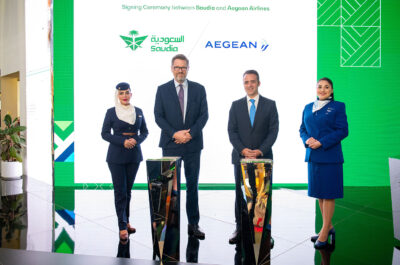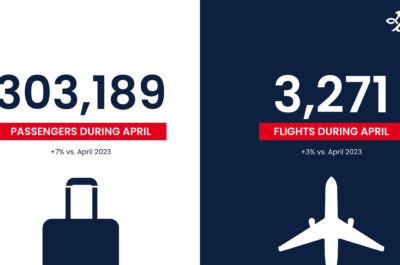IATA airlines are going to vote on 18-19 October on a new model intended to revolutionise distribution of air tickets and ancillaries through travel agents. But a lack of timely involvement of the travel agent industry and a number of questions on how NDC can fit in the European legal environment are tarnishing the process.
ECTAA is closely following the NDC project, considering the huge impact it could have on air ticket distribution and on travel agents, who sell nearly 60% of global air tickets. IATA only started to engage on NDC with ECTAA and other travel agent trade associations in September 2012, despite their repeated requests to be involved since June 2012. The principles of NDC, laid down in a draft resolution which will be submitted to IATA airlines’ vote in the IATA Passenger Service Conference on 18-19 October, were established earlier, mainly by a small group of airlines within IATA.
“While a single standard to improve the distribution of ancillary services could be beneficial for the whole distribution chain, we feel there has been no consultation on whether NDC is the appropriate model”, said President of ECTAA, Boris Zgomba. A salient point of NDC is that airlines would no longer file their fares in GDSs. They would instead determine an offer in response to a specific request including information on the requestor. NDC is also encroaching upon ownership of customer information and PNR.
The project raises numerous questions, notably on potentially huge costs. To apply the NDC model, an airline would need to develop an interactive pricing and availability engine. Many airlines are unlikely to have the means to make such investments and could be left aside. Aggregators and travel agents would need to redevelop their whole systems and processes to accommodate for NDC distribution and to coordinate NDC with the remaining fare filing distribution model. Coordination between NDC and the fare filing model is of special concern for interlining and codesharing, while NDC is driven by the principle not to be constrained by compatibility with existing legacy messages.
For consumers, transparency is at stake. The objective of making more airline products available in indirect channels is positive, but an industry standard cannot pre-empt airlines’ commercial policy on content availability in different channels. Besides, the end of fare filing raises questions on consumer’s continued ability to carry out full spectrum comparison shopping, which currently promotes competition on air fares between carriers. Furthermore, there may be a breaking point between differentiation of airline products and aggregation enabling transparent comparison.
ECTAA thus sees a number of unanswered questions with NDC, which need to be carefully analysed, including with regard to EU legislation on the use of CRSs, air ticket transparency, data protection and competition. In addition, airlines putting together different travel services through NDC expose themselves to obligations in the EU Package Travel Directive, notably the liability to perform all bundled services, a financial guarantee in case of insolvency and exhaustive information obligations.
Tatiana is the news coordinator for TravelDailyNews Media Network (traveldailynews.gr, traveldailynews.com and traveldailynews.asia). Her role includes monitoring the hundreds of news sources of TravelDailyNews Media Network and skimming the most important according to our strategy.
She holds a Bachelor's degree in Communication & Mass Media from Panteion University of Political & Social Studies of Athens and she has been editor and editor-in-chief in various economic magazines and newspapers.



































































































